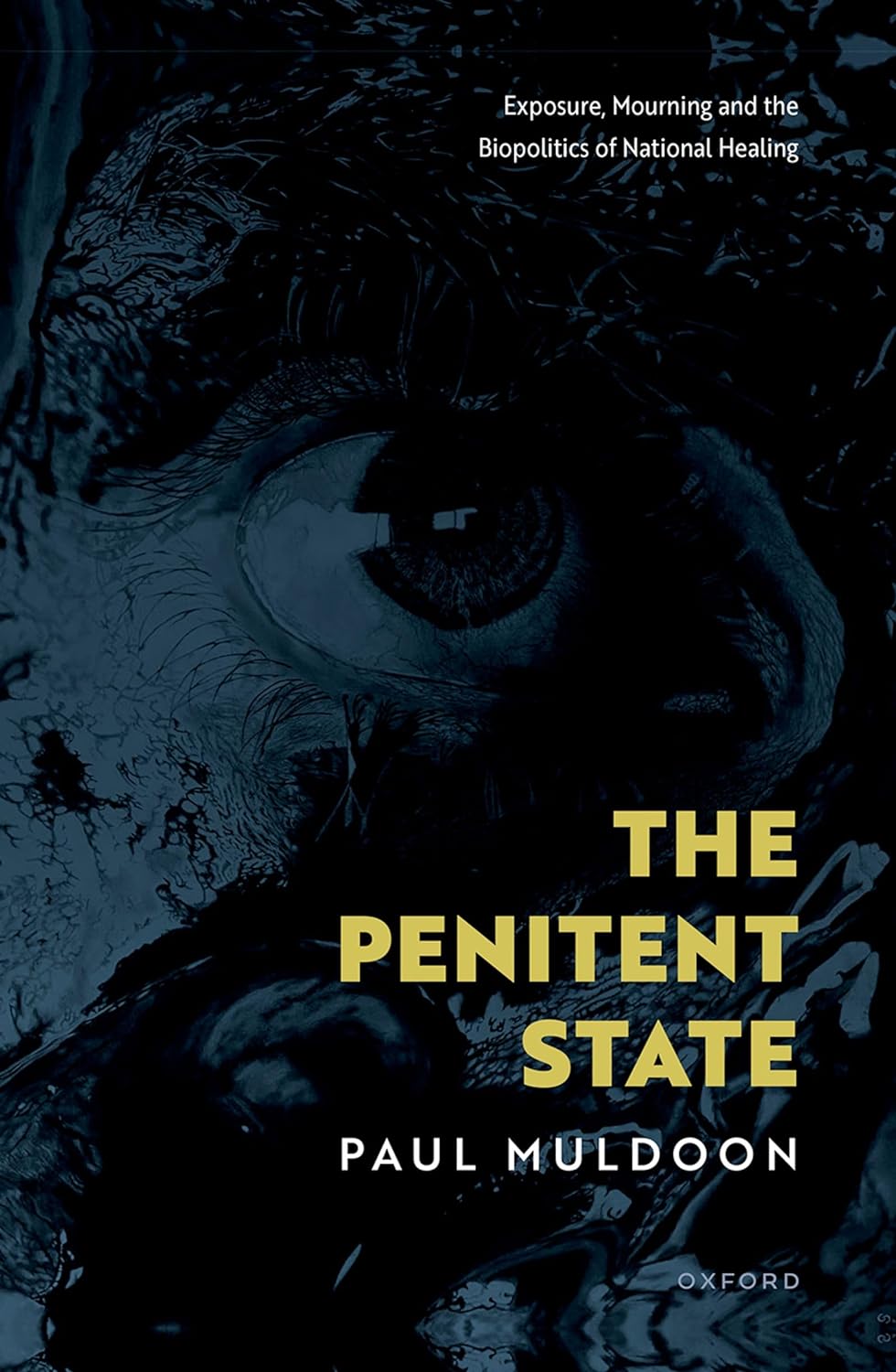The Penitent State: Exposure, mourning, and the biopolitics of national healing
Oxford University Press, 83 hb, 335 pp
Sorry tales
The recent past is replete with instances of sovereign states doing penance for wrongdoing. The Berlin Memorial to the Murdered Jews of Europe, the South African Truth and Reconciliation Commission (TRC), and Kevin Rudd’s apology to the Stolen Generations are just three examples that receive extended analysis in Paul Muldoon’s The Penitent State. On Muldoon’s telling, the concept of ‘biopolitics’ is central to explaining why these ‘penitent states’ work so hard to press our physical and emotional buttons, not just our intellectual or cognitive ones. Through institutions of atonement, the state is trying to clear a perceived blockage in perpetrators’ collective emotional system. It is trying to make us cry.
Continue reading for only $10 per month. Subscribe and gain full access to Australian Book Review. Already a subscriber? Sign in. If you need assistance, feel free to contact us.















Leave a comment
If you are an ABR subscriber, you will need to sign in to post a comment.
If you have forgotten your sign in details, or if you receive an error message when trying to submit your comment, please email your comment (and the name of the article to which it relates) to ABR Comments. We will review your comment and, subject to approval, we will post it under your name.
Please note that all comments must be approved by ABR and comply with our Terms & Conditions.